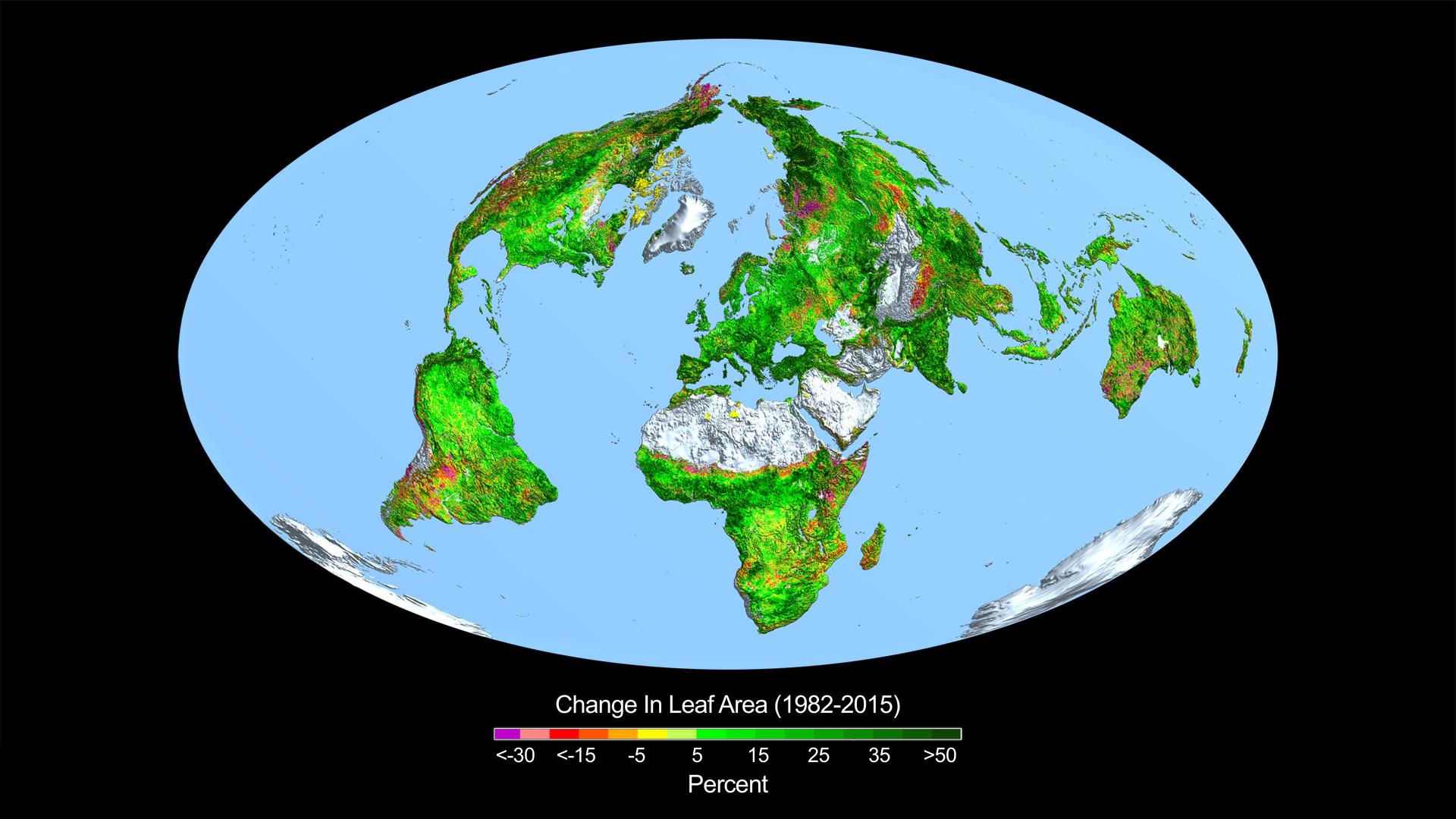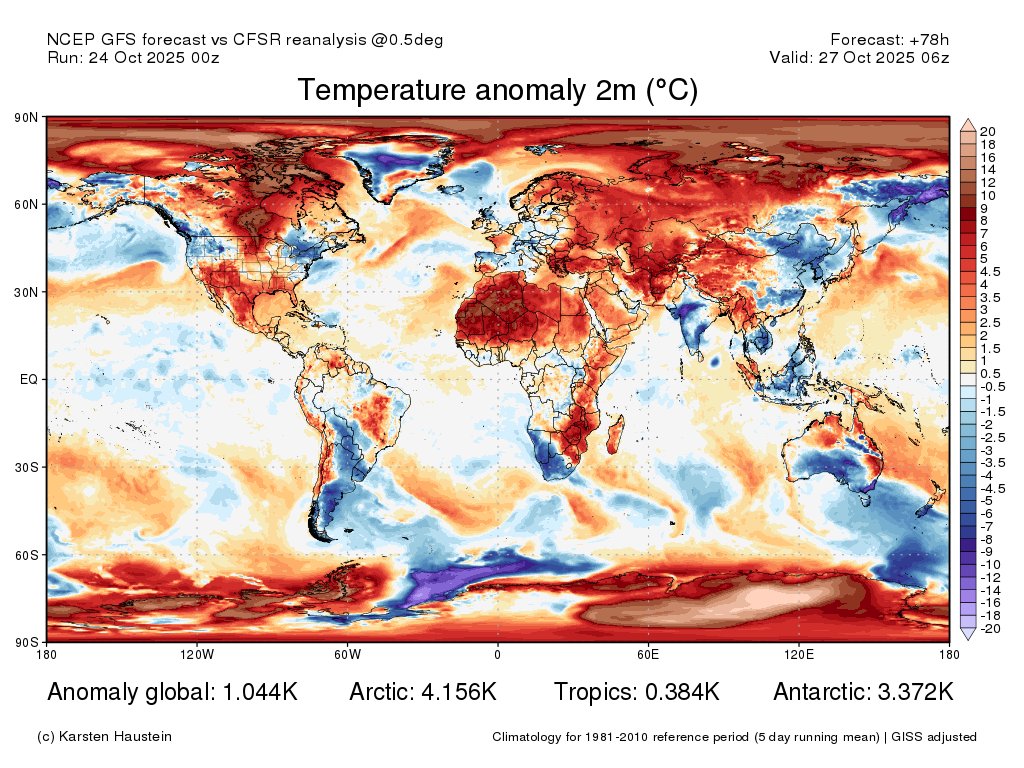Yup wealth stratification is outta control in the USA and its getting worse in Canada.Those are all declining in america, where all the money is being hoarded at the top and put into AI.
Here is where the increase in your charts comes from.
Canadian Prime Minister Mark Carney Stands by His Climate Agenda
- Thread starter oil&gas
- Start date
There are so many fires in Canada, the Amazon and globally that forests are getting close to being emitters of CO2, not sinks.With all our forest fires lol. You can't ask others to make sacrifices and do nothing. Canada can be a huge carbon sink if we grow more trees and can do better at controlling wildfires.
Yes but after several really bad forest fire seasons what has been done?There are so many fires in Canada, the Amazon and globally that forests are getting close to being emitters of CO2, not sinks.
this?Yes but after several really bad forest fire seasons what has been done?
the fires are annoying
you don’t really think India and China are going to chance course because you tax yourself do you?
They are both putting in more renewables of late.the fires are annoying
you don’t really think India and China are going to chance course because you tax yourself do you?
yeah ,....... noThere are so many fires in Canada, the Amazon and globally that forests are getting close to being emitters of CO2, not sinks.

Carbon Dioxide Fertilization Greening Earth, Study Finds - NASA
From a quarter to half of Earth’s vegetated lands has shown significant greening over the last 35 years largely due to rising levels of atmospheric carbonwww.nasa.gov
Carbon Dioxide Fertilization Greening Earth, Study Finds
Forests cover about 31% of the world's land area, totaling approximately 4.06 billion hectares. This area is equivalent to almost one-third of the total global land surface. Over half of the world's forests are concentrated in just five countries: Brazil, Russia, Canada, China, and the United States.

33.4 million/4 Billion is a small numberAI Overview
The amount of land burned by wildfires annually varies significantly each year, with recent years showing high numbers globally and in specific regions. For example, in 2024, at least 13.5 million hectares (about 33.4 million acres) of forest burned globally, while in the U.S., 2.7 million acres burned in 2023, the lowest since 1998.
and that does even consider the oceans which are the biggest c02 sink by far
just another example of frank footer just copying and pasting the latest climate nonsense propaganda he sees on line and hoping it will stick
he has a clear intent to deceive others
From your NASA article:yeah ,....... no
While rising carbon dioxide concentrations in the air can be beneficial for plants, it is also the chief culprit of climate change. The gas, which traps heat in Earth’s atmosphere, has been increasing since the industrial age due to the burning of oil, gas, coal and wood for energy and is continuing to reach concentrations not seen in at least 500,000 years. The impacts of climate change include global warming, rising sea levels, melting glaciers and sea ice as well as more severe weather events.
The beneficial impacts of carbon dioxide on plants may also be limited, said co-author Dr. Philippe Ciais, associate director of the Laboratory of Climate and Environmental Sciences, Gif-suv-Yvette, France. “Studies have shown that plants acclimatize, or adjust, to rising carbon dioxide concentration and the fertilization effect diminishes over time.”
And we are still losing 11 million hectares of forest due to deforestation.Forests cover about 31% of the world's land area, totaling approximately 4.06 billion hectares. This area is equivalent to almost one-third of the total global land surface. Over half of the world's forests are concentrated in just five countries: Brazil, Russia, Canada, China, and the United States.
Global Forest Resources Assessment 2025
A comprehensive assessment of the world’s forests and how they are changing.
Globally forest fires are burning 2x the area they did a couple of decades ago.

The Latest Data Confirms: Forest Fires Are Getting Worse
New data shows that forest fires are getting worse, burning more than twice as much tree cover today as they did 20 years ago, largely due to climate change.
On top of that ocean acidification, from absorption of atmospheric CO2, means that we are hitting another tipping point where shellfish won't be able to survive.
Ocean acidification will be so bad that we need a new indicator for it - Ocean Acidification
“The signs of the ocean in distress are all around us”, said Peter Thomson, Special Envoy of the Secretary-General of the United Nations for the Ocean, at the conference in Nice, France last week. “The time of debating with the denialists is over”. This statement of intent backed a slew of...
 news-oceanacidification-icc.org
news-oceanacidification-icc.org







